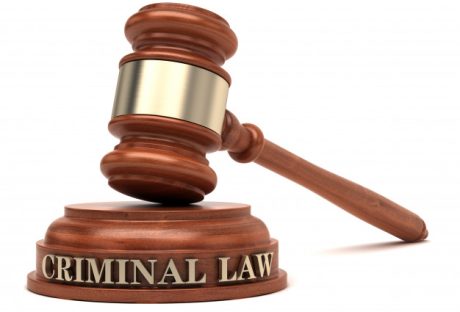Dubai is one of the most admired cities for various types of businesses. Many entrepreneurs prefer trading in the UAE because of the tax-free environment. and due to the UAE’s numerous Dubai visa types and easy application options, including online visa application systems, as well as many other types for entrepreneurs, investors, and businessmen. General trading is among the most profitable business ventures in Dubai. This is due to the huge local demand for various supplies because of the diverse cultures in the region. This includes essential items and even machinery.
As an entrepreneur or an aspiring business person, you should know that all businesses in the UAE require a trading license. It’s necessary to understand the different types of licenses. A general trade license allows you to conduct all your business activities with a single license.
General Trading License/Business in Dubai
A general trading license is ideal if you’re looking to start a business in the UAE. This license covers multiple trading activities in the same or various industries. These activities include import, export, and other activities like trading in electronics, furniture, clothes, etc. You should also get a general trading license if you wish to venture into the wholesale business.
This license allows you to trade in Dubai and other Emirates. However, you should understand regulations on specific products like pharmaceutical products, alcohol, and frozen goods. Many opportunities allow entrepreneurs to explore multiple businesses. There are 3 options for entrepreneurs to set up companies in Dubai; the Free Zones, Mainland, and Offshore.
Steps to Get a General Trade License in Dubai

The thought of conducting multiple tax-free businesses is very attractive to many individuals. However, you can’t do business in Dubai without a trading license. Below are the steps you need to follow to obtain your general trade license.
Choose a Location
You need to understand the different types of jurisdictions for business activities; these are the Offshore, Mainland, and Free Zones. There are 48 Free Zones in Dubai to choose from; they give you 100% ownership of your corporate and personal income. A Mainland business requires you to have a sponsor who will own 51% of the shares. An Offshore business operates in a different jurisdiction from its parent company which is usually in another country.
Business Activities
A general trading license allows you to conduct multiple businesses; you can choose up to 10 business activities. Apart from the restricted products like pharmaceuticals, guns, alcohol, and tobacco, you can trade in any other business.
Choose a Trade Name
One of the first steps is to choose an appropriate name for your company; this is one of the most important parts of your business. Choose a memorable, catchy name; it should help potential customers understand the type of business you run. You also have to follow name rules and regulations in the UAE. For instance, the name and the type of business should not contradict, you should not choose a name under copyright by another business in the UAE, it should not contain indecent or obscene words and should not offend the public, and you should not include God’s name or His attributes in English or Arabic. You can make your work easier by consulting a legal expert from a law firm in Dubai to guide you on how to choose a name.
Apply for the License
You need to apply for the license and submit various documents these include;
- A license application signed by the manager or legal representative
- Memorandum of association
- A copy of your passport
- 2 color passport photos with a white background
- A No Objection form from your employer (where applicable)
- Passports of all the partners
- Complete application form.
You can consult your legal advisor from a law firm in Dubai if you’re not sure you’ve got the right documents. The Commercial Revenue Authority reviews and validates your documents; your business name is then included in the Commercial Registry. The Department of Economic Development forwards these documents to the Federal Ministry of Economy responsible for publication. After this, the ministry issues an approval letter. The next step is for the Department of Economic Development (DED) to issue you with a commercial registration certificate and original trade license. Your license expires after 1 year. Once renewed; the license is valid for 5 years.
Choose a Business Premise
You need an office and a warehouse; you need to store your goods. A Free Zone license has limitations on the location of warehouses to choose, while a Mainland license has more freedom. Some Free Zones are more flexible; for instance, IFZA allows entrepreneurs to operate in virtual offices. Consider the location of the warehouse and your office, size, security for your goods, utilities, storage environment, and climate control like having an AC for hot weather.
General trade businesses are some of the most lucrative businesses to start in Dubai. You can trade include 10 activities and enjoy a tax-free lifestyle. However, every company in the UAE requires a license. It’s necessary to follow all the steps for the license application to save time and avoid issues.
Read Also:






















